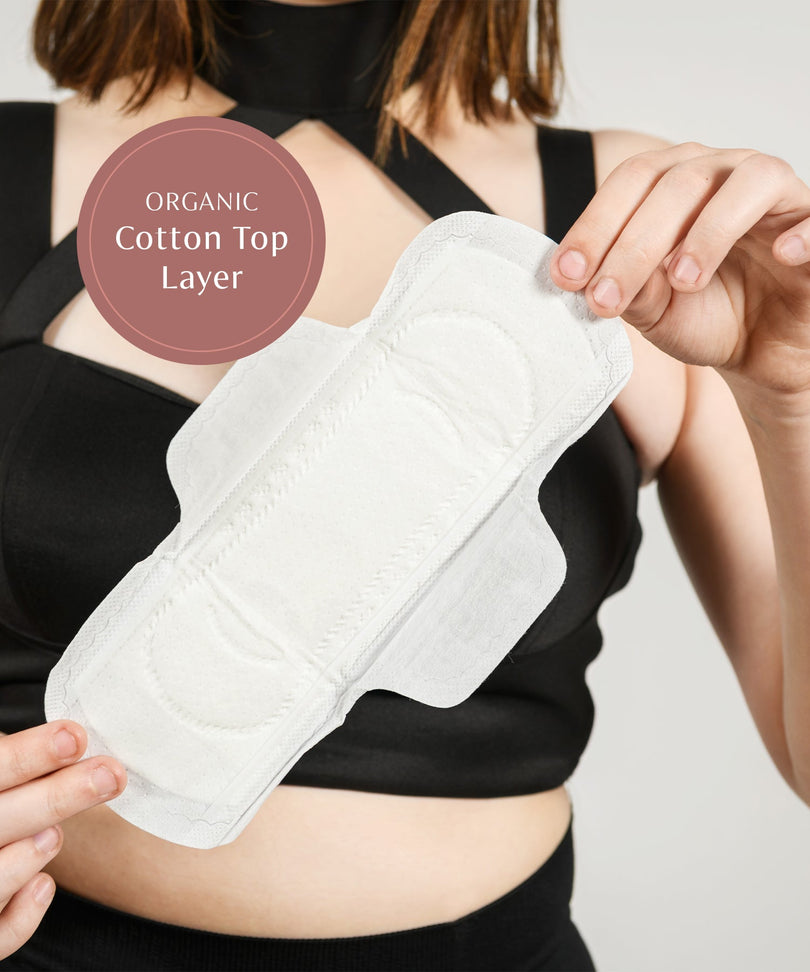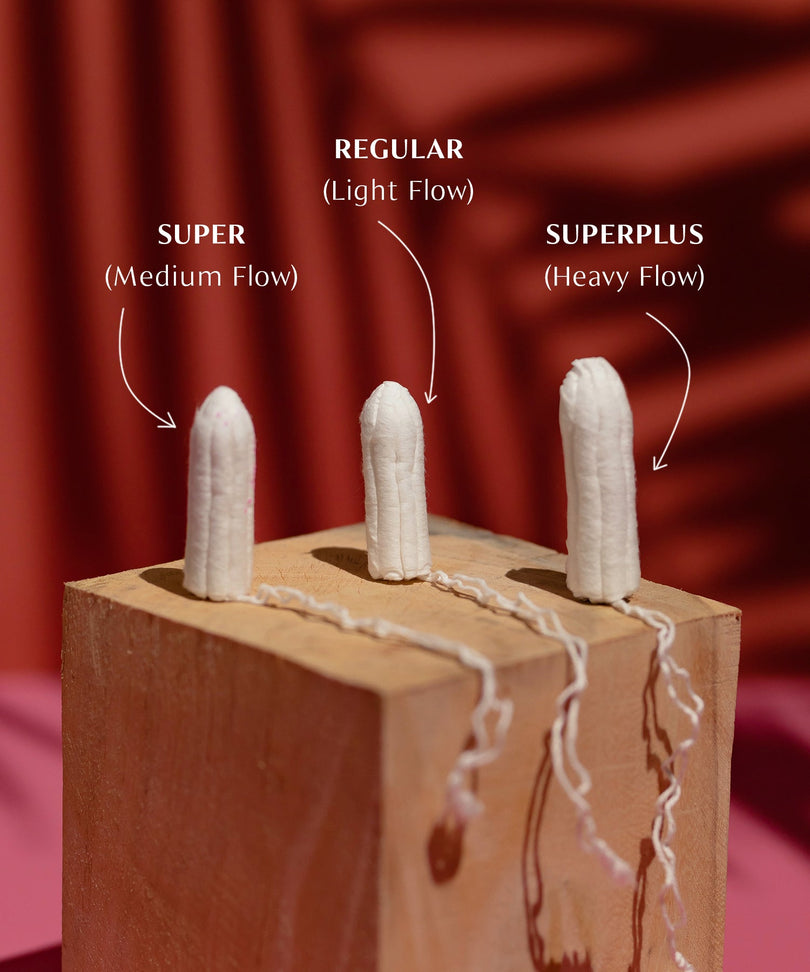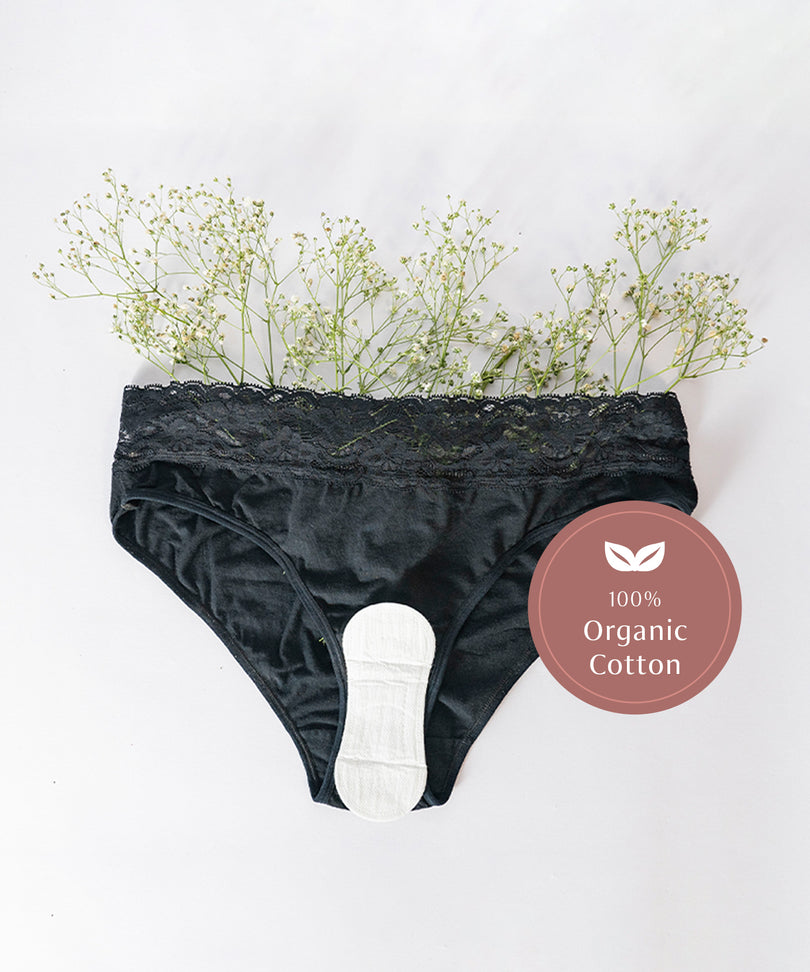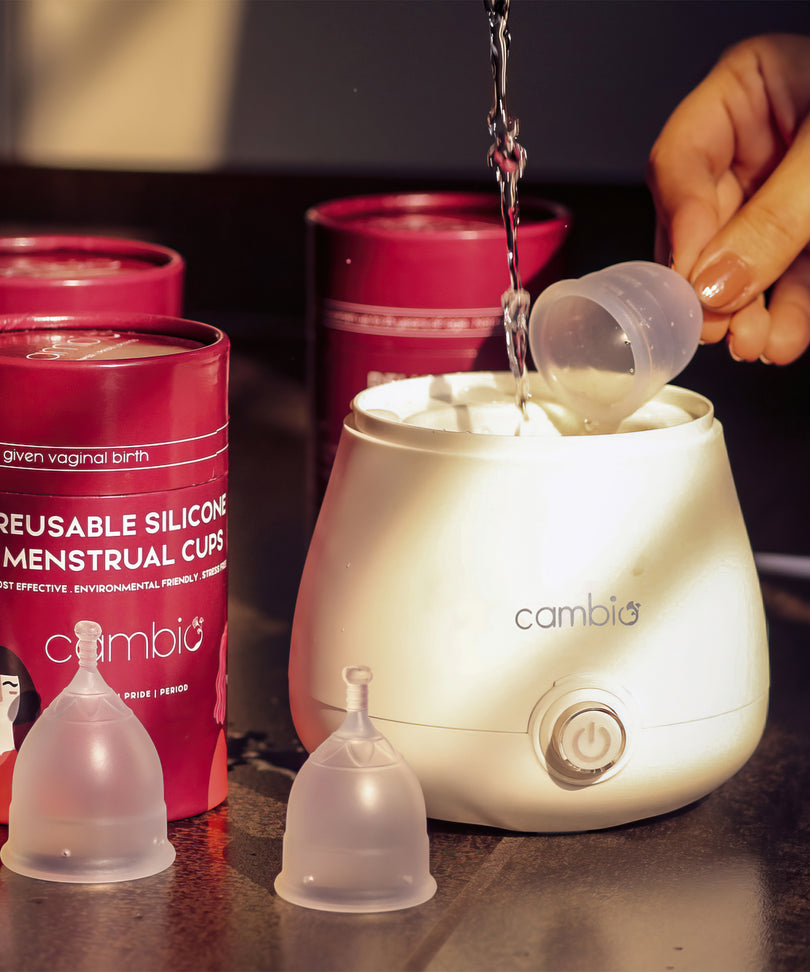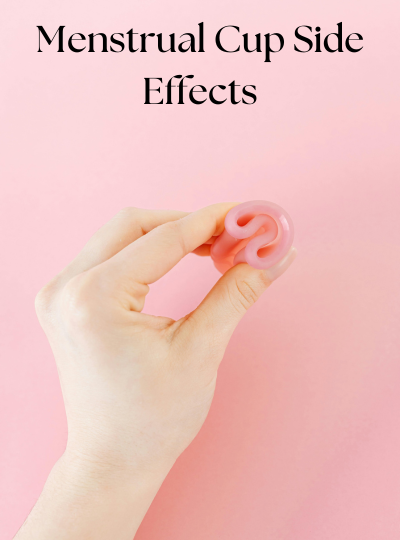Can menstrual cups cause issues?
The potential side effects of using a menstrual cup can include:
- Discomfort or pain during insertion or removal
- Difficulty in removing the cup, resulting in leaking or spills
- Irritation or infection from improper use or maintenance of the cup
- Allergic reactions to the materials used to make the cup
- Menstrual symptoms such as cramping or mood swings that may be exacerbated by the cup
Also read - Does a menstrual cup break the hymen?
Is a menstrual cup safer than pads?
Menstrual cups are generally safe and effective when used correctly. They offer advantages such as reduced risk of toxic shock syndrome and are a durable and eco-friendly option. However, improper cleaning can cause infection and incorrect insertion or removal can lead to irritation or discomfort. It's important to research and understand the risks and benefits before choosing a menstrual cup. Consult with a healthcare provider if unsure.
What are some ways to minimize or prevent potential side effects from using a menstrual cup?
- Read and follow the instructions provided with the cup.
- Clean the cup thoroughly according to the instructions before and after each use.
- Use a high-quality, properly fitted menstrual cup to reduce the risk of discomfort or pain during insertion or removal.
- Consider removing the menstrual cup for short durations to reduce the risk of developing infections or irritation.
- Speak to a healthcare provider if you experience any concerning symptoms after using a menstrual cup, such as irritation, itching, bleeding, or discharge.
- Consider using a menstrual cup made of a hypoallergenic or non-irritating material to reduce the risk of allergic reactions.
Also read - Is watery period blood a sign of pregnancy?
How do I properly remove and handle a menstrual cup to avoid side effects?
- Break the suction on the menstrual cup by pressing a finger into the base of the cup until you hear it make a popping noise.
- Grab the cup by the base and gently pull it out, being sure to keep it level as you remove it to avoid spilling.
- Empty the contents of the menstrual cup into the toilet, making sure to empty the cup.
- Rinse the menstrual cup with warm water before washing it with gentle, unscented soap and water.
- Store the menstrual cup in a clean, dry place until you need to use it again.
- If you notice any changes in your body after using the menstrual cup, such as discomfort, cramping, or unusual discharge, seek medical attention as soon as possible.
Also read - How to increase blood flow during periods?
How can I decide whether to use a menstrual cup or a different menstrual product?
Here are some factors to consider when making this decision:
- Comfort: Are you more interested in using a menstrual cup than other menstrual products like sanitary pads or tampons? Are you comfortable with the process of inserting and removing the menstrual cup?
- Practicality: Given your lifestyle or living situation, how easy would it be for you to clean and maintain a menstrual cup? How frequently would you have to empty the cup during the day? Would you need to carry extra menstrual products as backups?
- Cost: How much are you willing to invest in a single menstrual product that can last for multiple years? Are you willing to pay more upfront for a product that can help you save money in the long run?
- Environmental impact: Would you prefer to reuse a single menstrual product for several years rather than using disposable menstrual products like pads or tampons?
- Your body: What type of menstrual product are you currently using and how effective is it? Is your period heavy, and do you experience any discomfort or pain during menstruation?
Read more
Maternity pads and sanitary pads
Side effects of alcohol on periods
How long does period bloating last?

